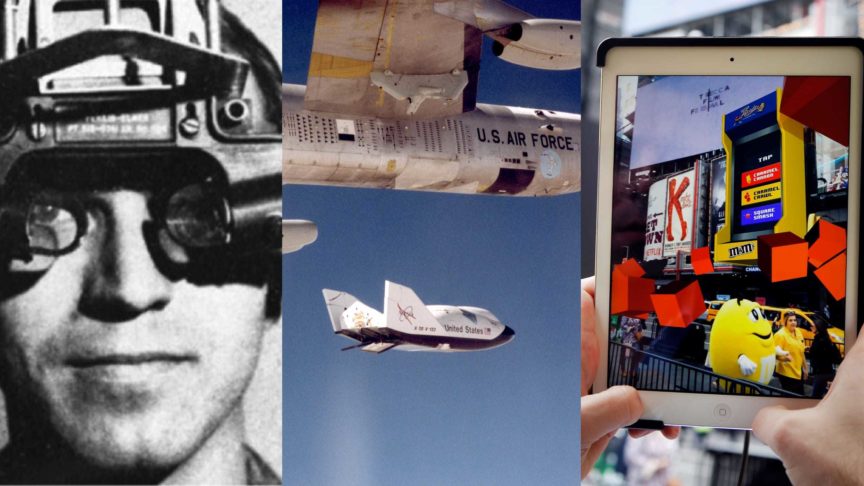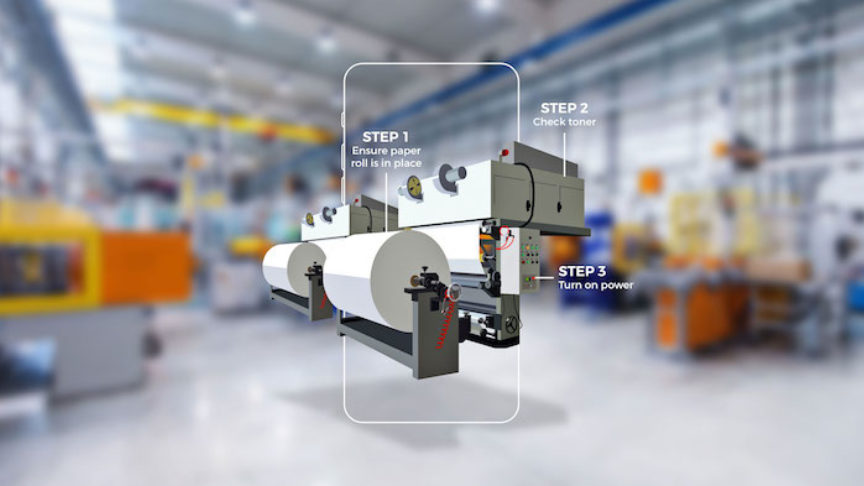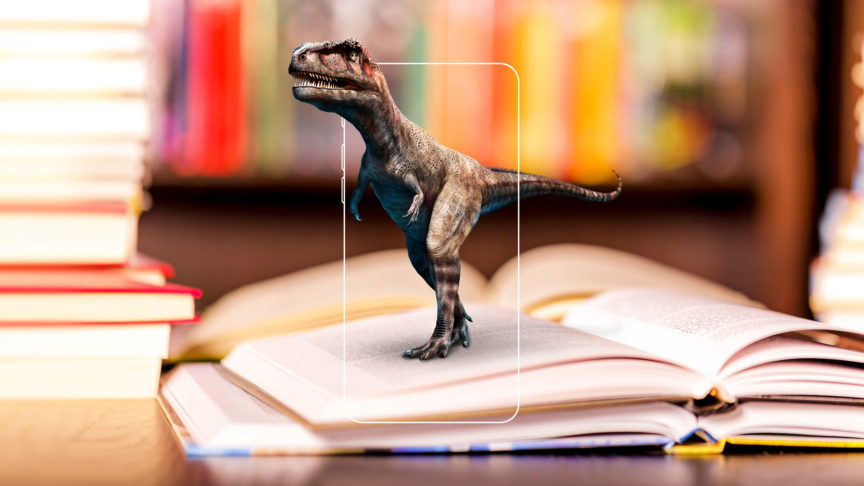Supporting Children using Augmented Reality
July 28, 2016
Supporting Children using Augmented Reality

The first 1001 days of a child’s life are the most critical. It is during this time that inter-generational cycles of abuse and even mental health issues can be transmitted to vulnerable babies and children. To raise awareness of this issue UK charity Parent Infant Partnership (PIP) launched an exhibition at the House of Commons. Executive Director of PIP, Clair Rees, pioneered the ‘Tomorrow’s Child’ initiative to creatively explore the breadth of experiences families go through from conception to birth.
Blippar’s education team was proud to support the initiative. We used our augmented reality technology to merge art, science and politics into succinct and poignant mobile experiences. The use of AR allowed the artists to extend their polemic message to the digital world without removing the audience from the physical immediacy of their art. The extra ‘digital canvas’ that augmented reality provided meant that artists could successfully embed scientific facts, portfolios of work and campaign action points into their visual paintings, prints and installations. Ultimately, this worked to provide an emotive and impactful experience that moved the viewer to take direct action and support the ‘Tomorrow’s Child’ campaign.

Social research has shown that without preventative intervention there is a scarily high probability of intergenerational cycles of disadvantage, inequality, dysfunction and child maltreatment being transmitted to younger generations. Self-perpetuating cycles of abuse are not only damaging for families but are are also extremely costly for society and are linked to levels of crime, violence, teenage pregnancy, domestic violence and mental health disorders. PIP UK’s research paper ‘Building Great Britons’ emphasized the need to have adequate support structures, especially for vulnerable families that have a history of abuse, neglect or mental health issues.

The Tomorrow’s Child initiative combined art and science in a unique way. It paired up researchers, social scientists and mental health practitioners with fine artists, photographers, painters, filmmakers and installation artists. The effect was pieces of art that were as factual as they were emotive. The researchers discovered that during conception mothers are extremely susceptible to stress, anxiety and relapses of depression. Especially if the mother has experienced abuse or trauma in her own lifetime. So the artists brought these elements into their pieces via augmented reality. Through AR, digital content was triggered from the physical artwork to demonstrate this detrimental and lasting impact that a lack of perinatal wellbeing can have on families.

PIP UK launched the exhibition with a private viewing and series of talks and performances at the Houses of Parliament with a distinguished crowd of artists, scientists, and MPs. It aimed to educate, inspire and ultimately move MPs to take direct action to support vulnerable mothers and children though policy-making.
The end result was a moved, engaged and inspired audience that all sought next steps to protecting Tomorrow’s Children. Blippar is a visual discovery and augmented reality app for education. If you would like to partner with us to add augmented reality to your next exhibition get in touch at culture@blippar.com.
Read more about Blippar’s Augmented Reality Education offering here


